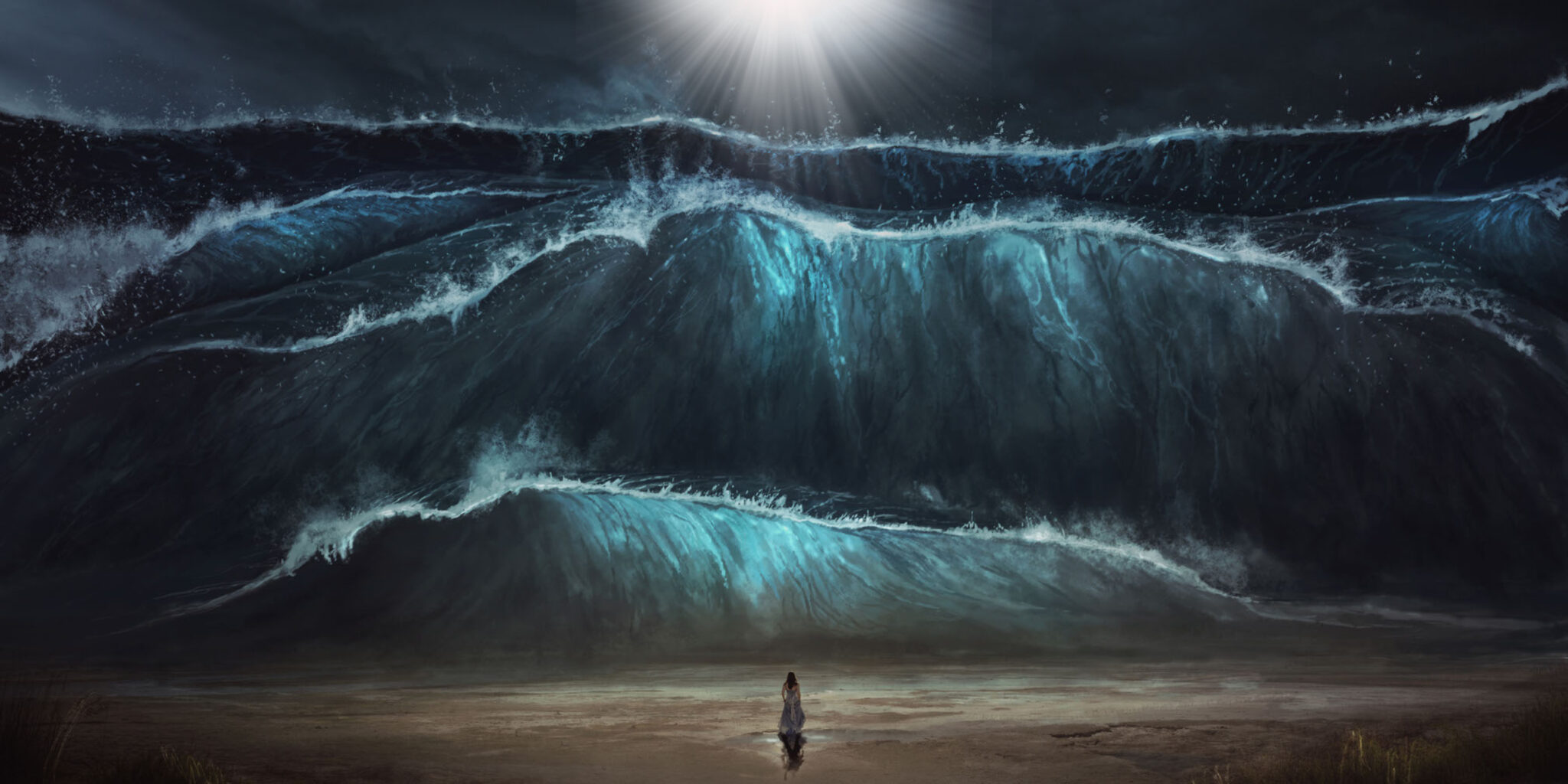What causes cancer? This complex question has long plagued bereaved families, galvanized organizations into charitable action, and spurred innumerable lines of empirical inquiry. The ripple effects of this insidious disease are nearly ubiquitous. For most people, the mere mention of cancer inspires poignant reflection on the memory of a beloved family member, or admiration for the strength of a dear friend.
Yet, for all of the various ways — large and small — in which cancer affects peoples’ lives, what do we actually know about this disease and its primary causes? Prior to 2015, according to leading researcher Cristian Tomasetti, many upheld the belief that environmental factors (E factors), such as smoking, sun exposure, and obesity, were responsible for 75-80% of cancer cases, with the rest being attributable to hereditary factors (H factors). However, recent research has uncovered the existence of a third factor that radically changes the picture — cell division and the associated replicative mutations (R mutations).
Dr. Cristian Tomasetti and Dr. Bert Vogelstein, both professors of oncology at The John Hopkins University School of Medicine, first published their revolutionary findings in a 2015 paper, which identifies R mutations as the random mistakes made when normal stem cells divide. Dr. Tomasetti recently sat down with us to discuss his work on cancer etiology.
The Wrong Place At The Wrong Time
In his presentation, Dr. Tomasetti details the momentous discovery of R mutations, first by explaining that 3-6 DNA mutations occur every time a cell divides: “The idea came that maybe this cell division, something that’s normal in our bodies, could be a major cause of cancer. We have, of course, trillions of cells in our body and several billion of them divide daily. So it’s an enormous amount of subdivisions and enormous amounts of mutations accumulating in our body every day. And if they happen to occur in the wrong place in critical genes, then that’s how you get to cancer.”
Tomasetti also highlights a strong correlation between the total number of normal stem cell divisions in an organ and its lifetime cancer incidence. This explains why body parts whose cells divide more frequently, like the colon, have a much higher frequency of cancer than body parts in which fewer cell divisions occur, like the bone.
A New Perspective on Cancer Etiology
The identification of R, or random mutations, transformed traditional understanding of cancer etiology and prevention, specifically by derailing the supposition that environmental factors like smoking and sun exposure account for the majority of cancer cases. Scientists now recognize R mutations as a crucial piece of the puzzle.
Now, Tomasetti says, given findings around R mutations, early detection is the key to combating cancer that can’t be prevented from occurring in the first place.
Why the Bad Luck Theory May Be Good News For Some
Public reactions to Tomasetti and Vogelstein’s 2015 and subsequent 2017 papers were mixed. Tomasetti says that some expressed fear upon learning that cancer may be caused by an uncontrollable form of bad luck. Many others, however, were comforted to learn that something other than individual fault — either in the form of bad environmental decision-making or genetic transference to one’s children — was responsible for many instances of cancer.
Tomasetti concludes by offering his own dualistic perspective on the bad luck of random mutations. On the pragmatic, naturalistic side, “The scientific answer is that cancer is a natural evil. It’s essentially a byproduct of life, and similar to earthquakes or tsunamis…. and there is nothing we can do about it.” But in opposition to this fatalistic perspective, Tomasetti counters with a gentler, more hopeful interpretation based in his own religious faith: “Suffering is necessary for growth. And it’s certainly bitter in many moments in our life when we go through it, at the same time it teaches us about compassion, empathy, love, priorities, and limits, and those moments increase our focus and our understanding of what really matters most.”
Still Curious?
Explore more of the great minds from across the sciences and humanities in our other Speakers Series conversations.
- Watch astronomer and physicist Priya Natarajan discuss the mysteries of dark matter and her interest in mapping the invisible.
- Watch psychologist Amrisha Vaish on the emergence of forgiveness in children.
- Watch psychologist Dr. Tania Lombrozo discuss the important and complementary differences between thinking about science and thinking about religion
- Watch Ford Foundation president Darren Walker on why hope is the oxygen of democracy.
- Watch geneticist, physician, and 2020 Templeton Prize winner Francis Collins speak about the discovery that filled him with awe
- Watch physicist Alan Lightman of MIT describe how he found transcendental meaning in the bottom of a boat.
- Watch biologist Stuart Firestein of Columbia University share an exclusive early draft of a book he’s writing which argues that science invented optimism.
- Watch economist Tyler Cowen of George Mason University explain how to radically accelerate the process of scientific discovery.
